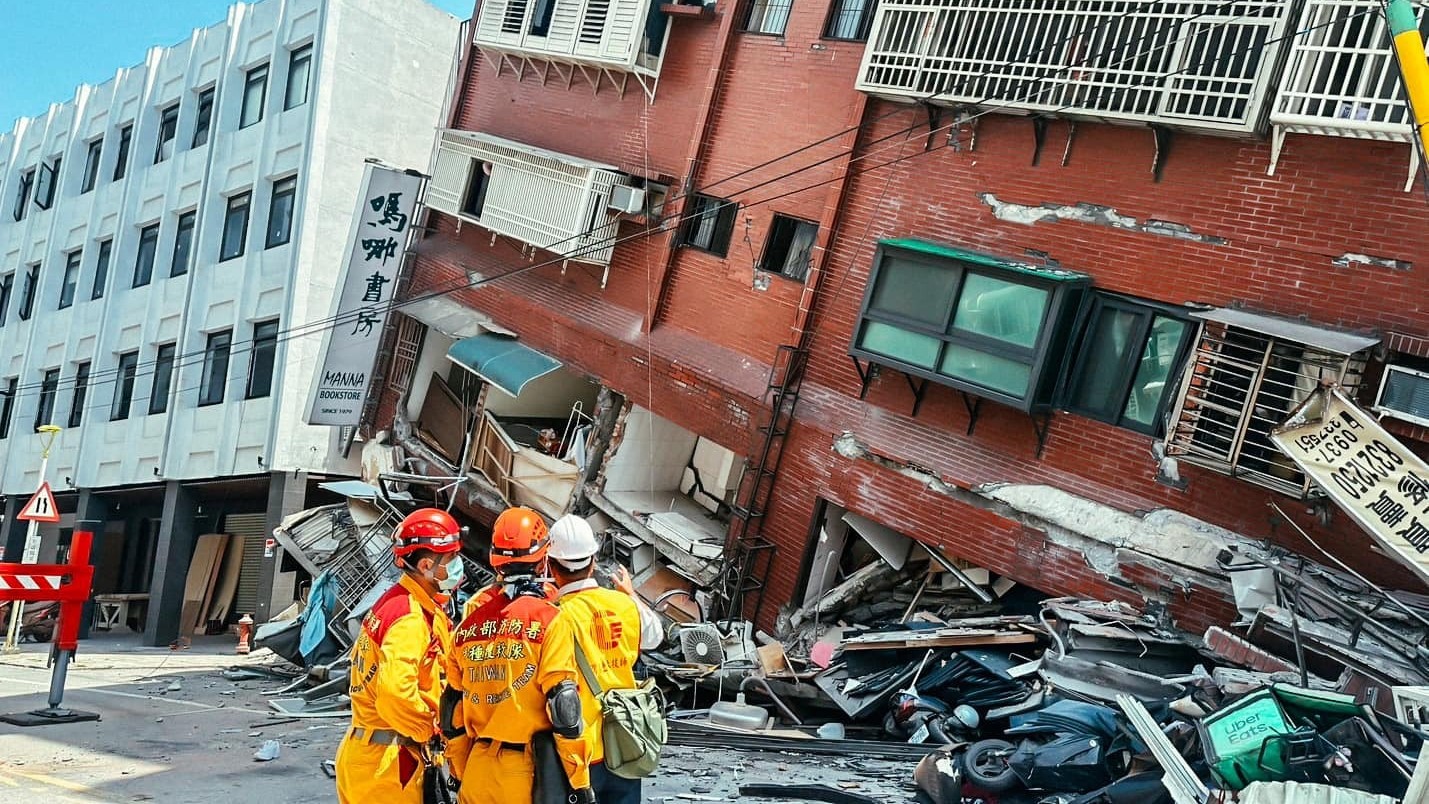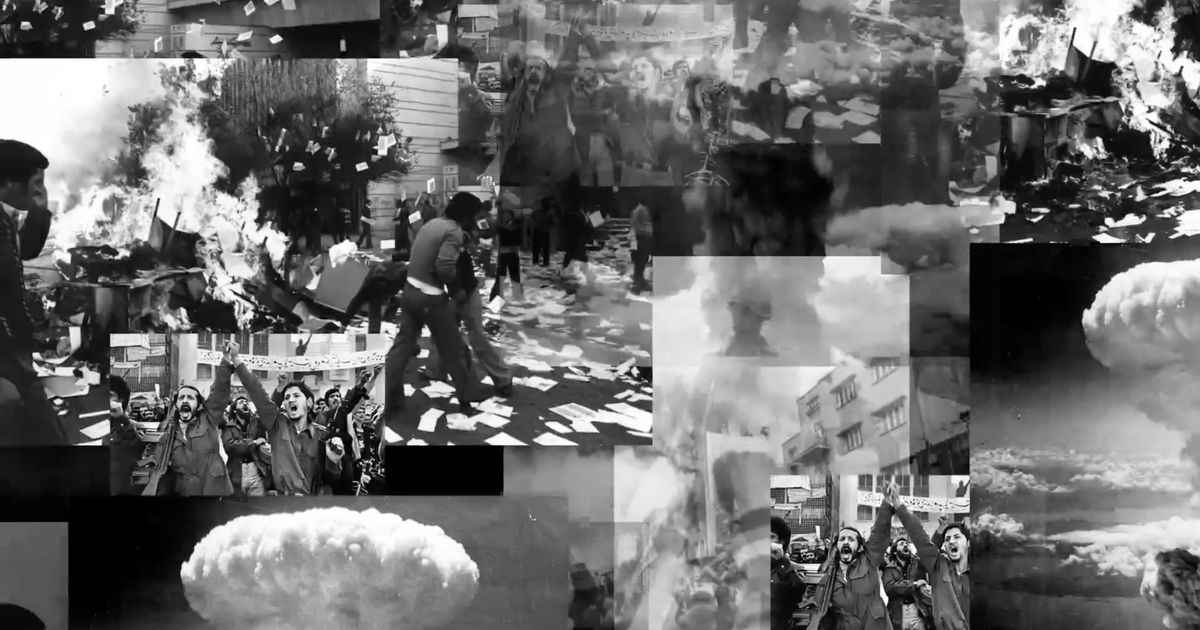From Rich Kids.
Photo: Helen Shaw
In a normal year, New York’s January performance festivals look to the future. After the sugary glut of the holidays, audiences get curious about the experimental vanguard — so they head to Under the Radar, or the music-theater-based PROTOTYPE, or the Brooklyn-centric Exponential Festival. Usually, this would be a chance to see over the horizon to where the form is headed, both locally and internationally. This year, though, the January festivals barely make a break with what we’ve been watching for months. All performance feels experimental now. Once theater or dance has been melted into the borderless online Uncanny Valley, it’s automatically hybridized, globalized, mediatized. Even the glitz of Broadway has turned into virtual self-produced cabarets, post-dramatic TikTok collabs, and Dadaist Zoom mosaics. All aesthetics — conventional and avant-garde — have sloshed together.
Even so, this is my favorite time of the year. I spent my first January festival weekend mainly watching Under the Radar shows, and, with a key exception, the pleasures were steady if modest. There was a respectful Zoom reading of a few of Inua Ellams’s poetic texts, which felt like an introduction to an artist rather than art itself, and Whitney White and Peter Mark Kendall’s prerecorded Capsule, a meditation-with-music on life and relationships and essential workers during shutdown. The duo’s video goes on for more than 40 minutes, but its up-all-night vibe makes it seem even longer. “This is a small sign for a larger feeling,” White sings dreamily, as the pair jams or sips wine. As lovely as individual moments are, the whole thing blurs into edgelessness and diary-level profundity — a good reflection of pandemic-mind, perhaps, but hardly electrifying.
There’s a bit more heft to Teatro Anónimo’s Espíritu, a Chilean short film written and directed by Trinidad González. Like Capsule, it uses casual handheld camerawork to keep the audience unbalanced, but of the two, Espíritu offers a witchier brew. In a darkened theater, a trio invokes modern demons, hoping to trap them. They each squeeze a drop of blood in a bottle, and their language grows strange and possessed, but ensuing scenes of interpersonal and social violence imply that they botched the spell. To see the less-accessible version of this genre — Stoned Soap Opera That Hints at Demonic Powers — go to the Exponential Festival’s YouTube channel for Look Out Shithead. Object Collection’s Travis Just has written scenes that almost, but don’t ever, make sense. “To learn, it’s very … it’s your … say you learned!” says a man at a lunch, to a date who wears protective goggles while she applies makeup. In an earlier scene, Italians at a book store talk about love (“How is the color of hope?” “Green!”); later, a man bicycles his legs on his floor. Richard Foreman fans will recognize some of the actors, as well as the crunchy texture of the word salad. It isn’t tasty, exactly, but the abstractions do clear your mental pathways — roughage for the synapses.
If you’re hoping for a more hypnotic effect, head to PROTOTYPE for Times3 by Geoff Sobelle and Pamela Z. The pair’s audio work is meant to be listened to in Times Square (“Imagine yourself in Times Square — let your mind’s eye drift down down down … let time just fall through your fingers”), but really, you can push play anywhere. Z and Sobelle’s layered textual and musical tracks want your thinking under the bedrock anyway, several sedimentary layers beneath the hushed businesses of 42nd Street. It’s not quiet down there, exactly, but at least it lets you think about the slower movements of the metamorphic rock, rather than the breakneck pace of your newsfeed. You could also escape back to Under the Radar for Alicia Hall Moran’s the motown project, which consists of a slate of songs, shot in clubs and on the streets. Moran sings “You Keep Me Hangin’ On”; Steven Herring sings “I Was Made to Love Her”; Barrington Lee sings Don Giovanni’s “Ah, chi mi dice mai.” These songs sometimes carry their singers out into their neighborhoods, where they wander around filming themselves. That was how I wound up most enjoying the work, as an accompaniment to other walks, other thoughts.
“Other walks” could almost be the subtitle for 600 Highwaymen’s telephone experience A Thousand Ways: A Phone Call. In order to “attend,” a ticket holder calls into a switchboard to be connected to a random audience member; a robot voice then guides the phone call, asking questions and prompting confessions. The company’s directors Abigail Browde and Michael Silverstone have long been interested in the way theater helps us form communal memories. Their texts often deal with recall; they have had performers explicitly ask the audience, “Will you remember my face?” This is the same direction our robot guide tries to prod us — she quizzes us about our counterpart’s answers to fix them in our minds. It sort of works. There’s a delicate and glancing quality to A Thousand Ways, so even though I “went” twice, the experience keeps drizzling out of my colander-brain. Still, I will say, I do now know there’s a woman in Massachusetts who once loved a man in a chambray shirt, and she knows there’s a woman in Brooklyn who is self-conscious when she dances. My own memory has rotted so much during the pandemic, I was glad to shore it up with someone else’s thoughts. I hope mine were helpful too.
Reading back over the above, I don’t mean to damn with faint praise: All these shows are inventive projects made in isolation and crisis. But faint praise — because muted pleasure — was all I could conjure for much of my JanArts experience. Some of that was inevitable; it’s difficult to divorce my flattened feeling from the non-celebratory nature of the delivery medium. Clicking from window to window isn’t a festival. There’s no sense of jubilee there; each online event droops like a sad little flag caught in the rain.
But just as I was wondering if my joy apparatus had rusted completely, Javaad Alipoor’s multichannel Rich Kids: A History of Shopping Malls in Tehran zapped a wild current through the machinery. Finally, here was a true use of digital space, an audacious exploitation of the particular absorption they can create. At first, Alipoor and performer Peyvand Sadeghian appear on video from the U.K., talking through the show’s inspiration: the actual death of two young people in a 2015 car crash in Tehran. They explain that as official Iranian sources were insisting that the man was a martyr fleeing terrorists, social media was exploding with disbelief, digging through the couple’s own posts to expose the pampered generation’s hypocrisy. The show unfolds in three “spaces”: the actors’ video; Instagram Live, where they recite texts about the Anthropocene behind eerie visual filters; and the show’s Instagram feed, which scrolls backward through the original couple’s story. Simply racing from interface to interface keeps pulses racing — that, plus the sheer avalanche of interleaved information (the Orbis Spike! the dig at Göbekli Tepe!), makes for an overwhelming experience. The viewer’s attention tries to reach out in too many directions at once, and the effort ratchets the mind tight tight tight.
I’ve been doing my own backward scrolling, looking at old dispatches from past festival seasons. I was trying to recapture the old festival excitement — to recall, at least dimly, the fun of charging through the snow from the Public to La MaMa to HERE, racing to catch a curtain, seeing friends across the rows. Honestly, the attempt failed. But it has reminded me that, when it comes to the work itself, the typical January experience isn’t so different from 2021’s. Every year, there’s a lot of promising stuff that dissolves in the mind after a few days; every year, the event itself alters the shows’ ability to break through to an audience, though it’s usually lobby mayhem doing the disrupting, rather than pandemic silence. But also every year, there’s one show that grabs us by the collar and shakes us until our teeth rattle. It’s why we go. The solstice has turned, the nights are getting shorter — and we’re hoping something will shock us awake.
Under the Radar continues through January 17.
PROTOTYPE continues through January 16.
The Exponential Festival continues through January 31.













